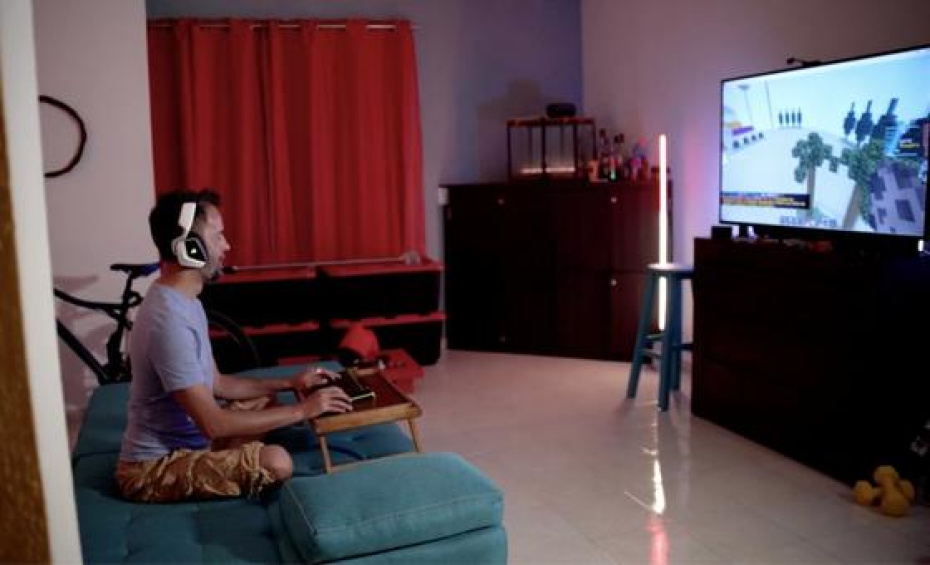Breadcrumb

‘How I became the first UN video game expert, and landed the best job in the world’

Eugenio Gastelum has been obsessed with video games since he was a kid. And now, he’s managed to turn his passion into a career, as the first-ever UN video game expert, using the popular game Minecraft, as a tool to help communities improve their public spaces.
“If you do something in a video game and then it appears in real life, you notice that you have this power to change your community, to change the world, and you start getting involved in other projects,” explains Mr. Gastelum, the first person in UN history to hold the title “Video Game Expert”.
Mother’s pride
This skillset has been put to good use in the workshops he leads, where young people redesign renderings of public spaces on the Minecraft platform – where players build and tend their own virtual worlds - and get the chance to see those plans turned into reality, transforming neglected, unwelcoming urban environments into safe, vibrant, and popular parts of town.
“We go to the community, teach them how to play Minecraft, and then the community members are the ones who change the public space into what they desire or what they need in Minecraft,” he says. “It’s the best job in the world! I’m playing video games, I’m travelling, I’m meeting people, and I’m teaching. I’m improving the planet.”
Looking back on his childhood growing up in Mexico City, Mr. Gastelum laughs when he recalls how his mother used to scold him for wasting his time on screen. Now she takes pride in the fact that he’s not just gaming – he’s a game-changer.
The workshops are organized by the Block by Block Foundation, a collaboration between Microsoft, Mojang (the makers of Minecraft), and UN-Habitat, the UN programme for human settlements.
Access all areas
The foundation says that it has implemented over 50 projects in 30 countries since 2012, giving millions of young people access to a public space they designed in Minecraft.
“Millions and millions of people play Minecraft,” says Shipra Narang Suri, Chief of UN-Habitat’s Urban Practices Branch. “And we’ve actually allowed children as young as six or seven to express their views on the re-design of public spaces. And then we help put it into proper design and take it to city leaders and make sure that it gets done.”
